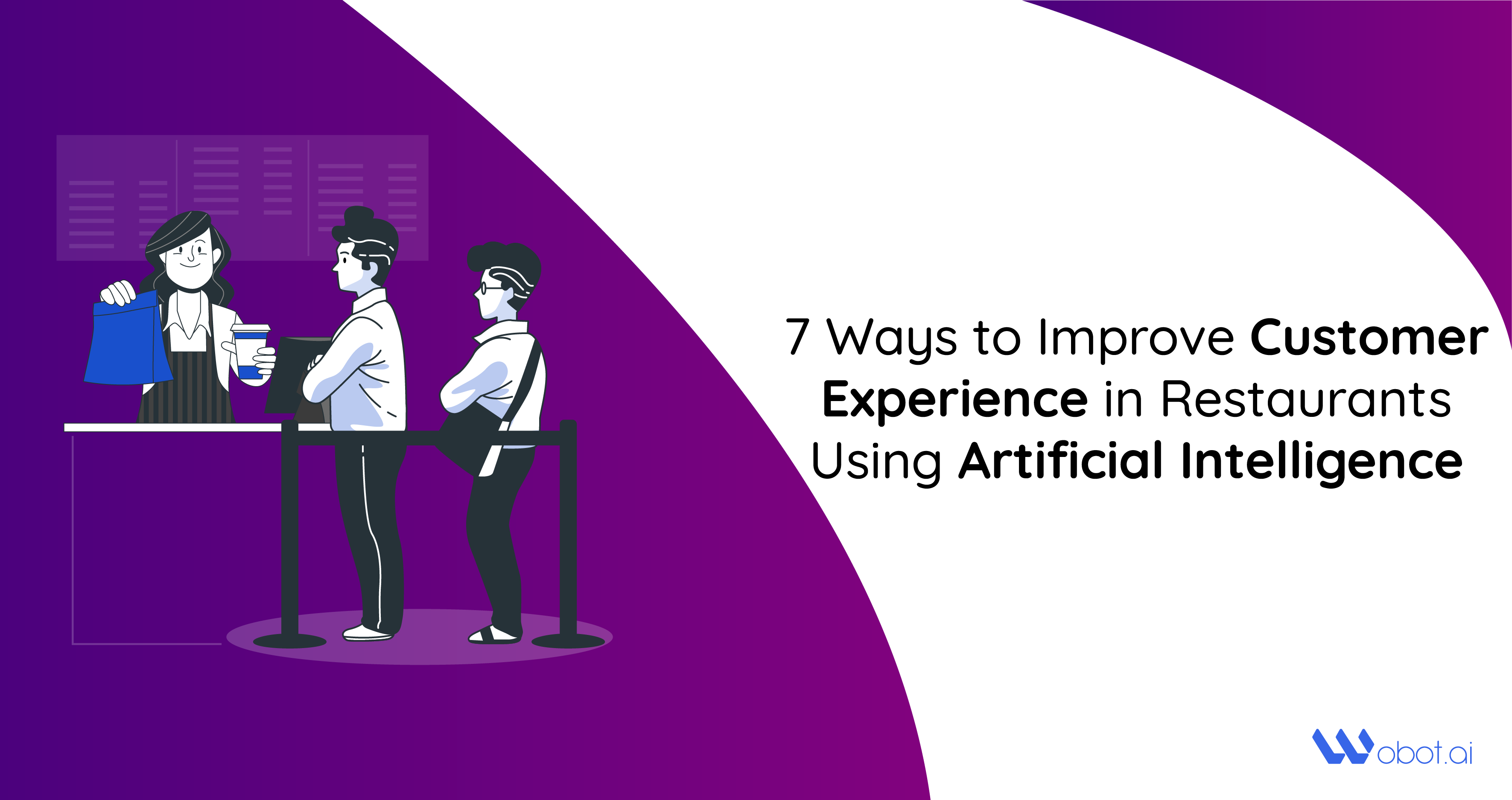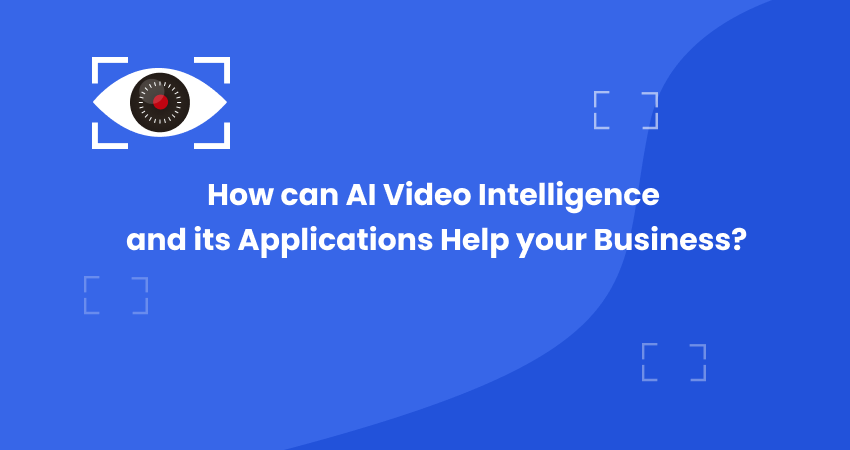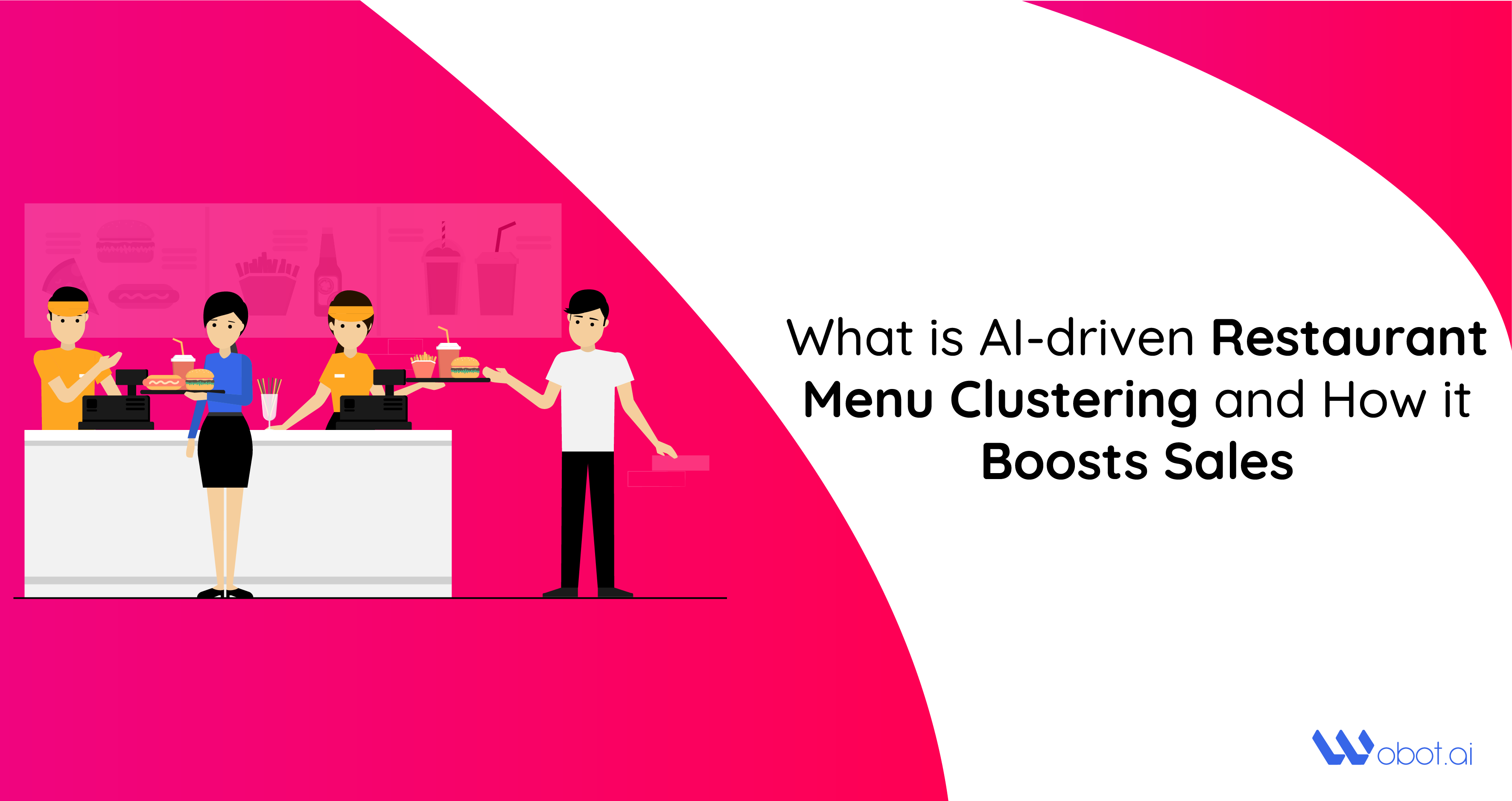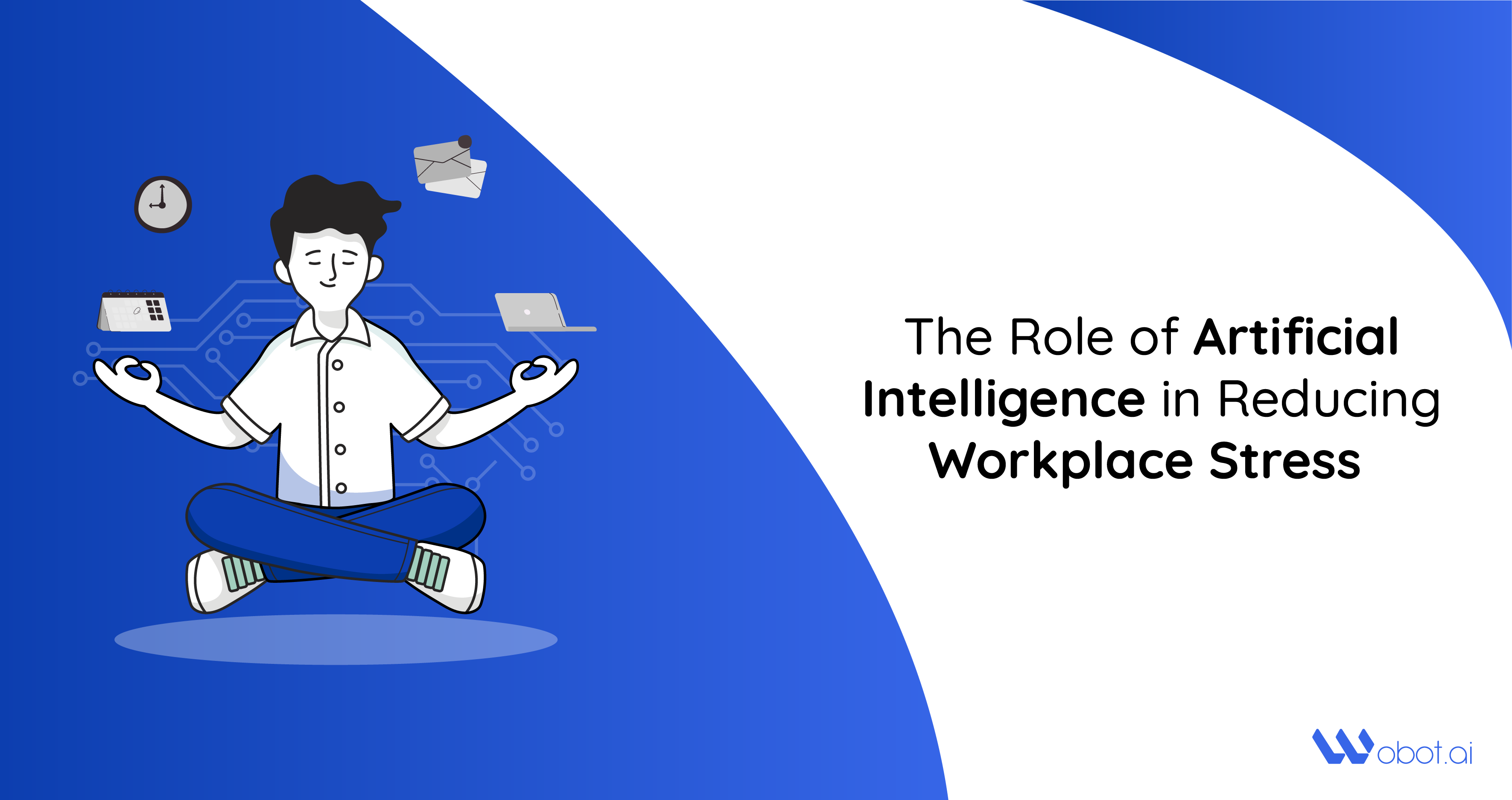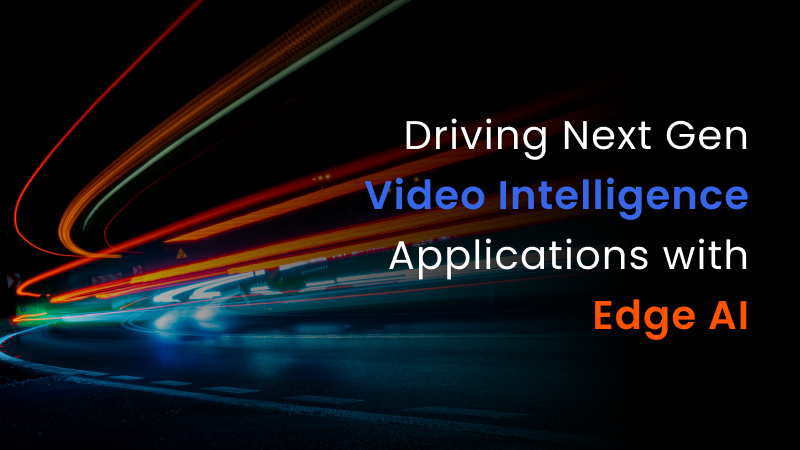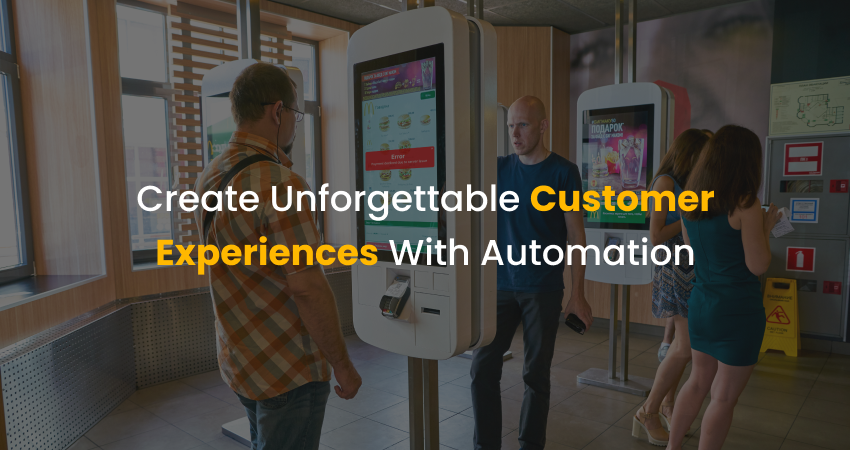The Future of AI: Top 10 Trends That Will Transform the World
Written by Team Wobot
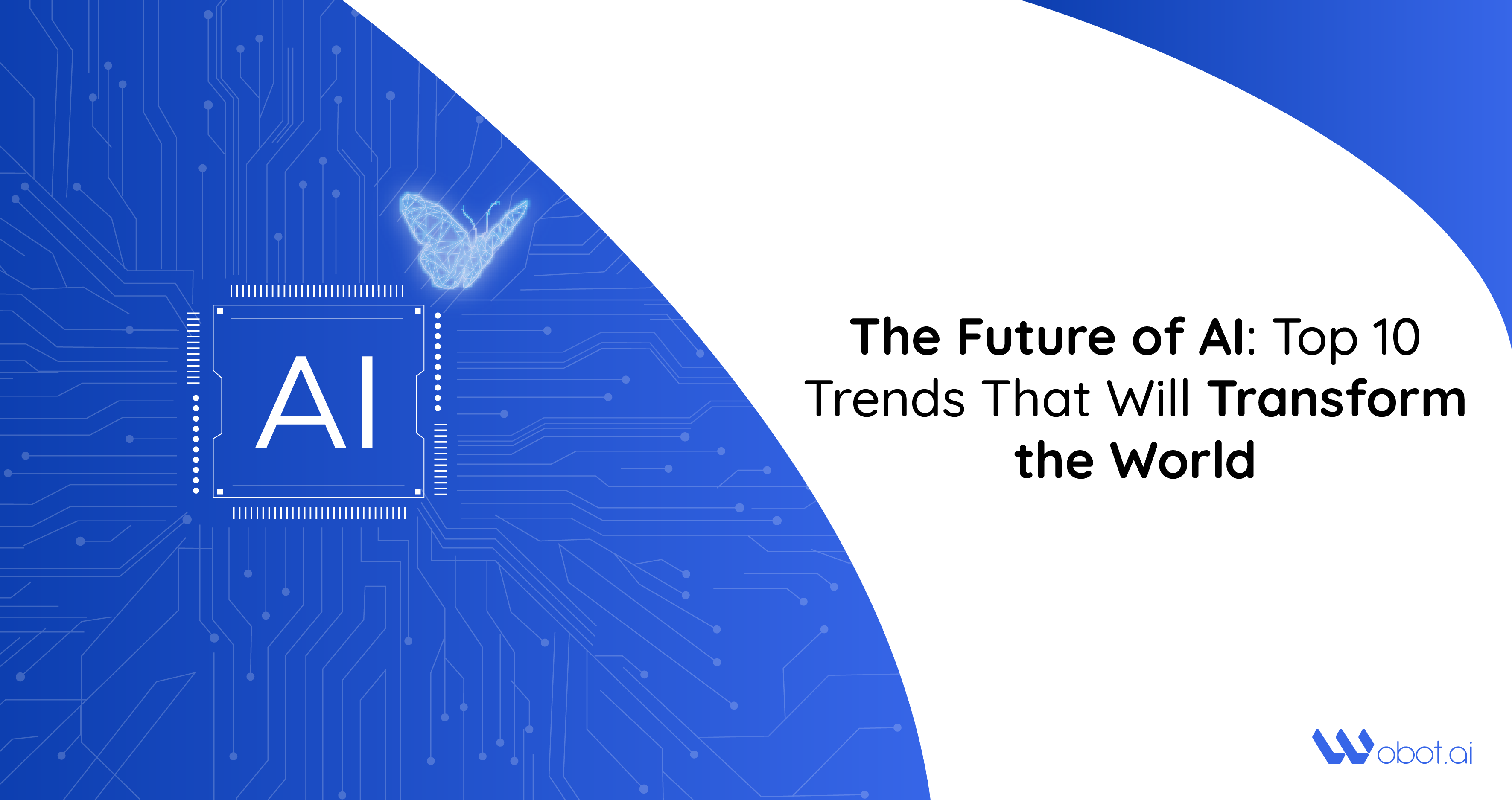
Since its beginning, artificial intelligence has been one of the most valuable technologies for humankind. The man behind this massive discovery, Alan Turing, first thought of a technology that can feel and function like humans. Turing performed Turing Test in 1950 to understand the functioning of machines and the scope of them thinking like human beings. This was the foundation of artificial intelligence or AI, the term coined by James McCarthy in 1956.
The importance of AI proliferated after its application in computers and other digital equipment. This was a significant development as developers started understanding users’ behavior and usage patterns through natural language processing and other learning capabilities more commonly known as machine learning (ML) functionalities.
The combination of AI-ML has proven vital to the growth of industries, society, and the whole of mankind. The impact of AI-ML on healthcare, manufacturing, problem-solving, etc., has been significant. The importance of AI has now been widened to the organizational use than just being a curious or exciting phenomenon. Consistent development and numerous discoveries have made AI one of the battle-hardened-yet-flexible technologies that even carries the potential of replacing human efforts for routine tasks and makes them focus on what’s more important
Although the present of AI is still flourishing, the future of this fantastic technology is even brighter. In this blog, let’s dive deep into some fantastic trends that can transform artificial intelligence in the coming decade.
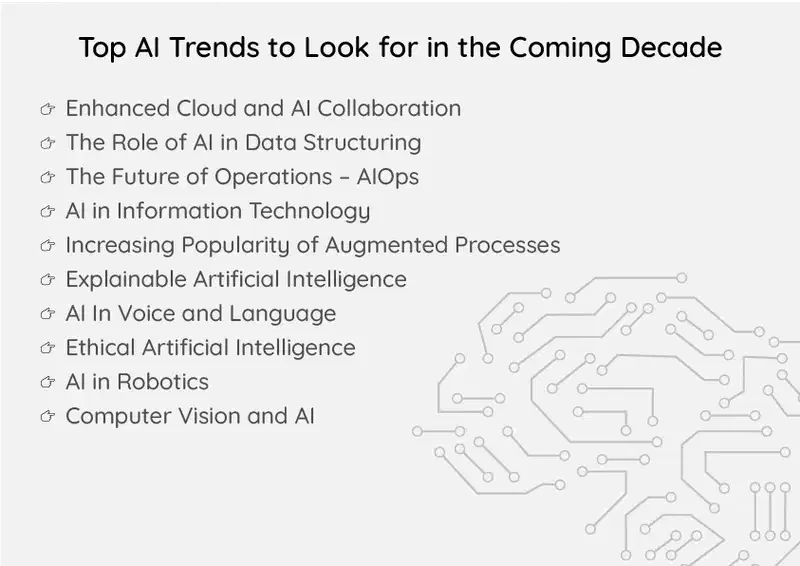
Top AI Trends to Look for in the Coming Decade
Enhanced Cloud and AI Collaboration
Managing a vast amount of cloud data has been one of the significant challenges before businesses. With artificial intelligence, it’s possible to collect that data and streamline it to fuel data-driven decision-making. In addition, AI can help manage the data and break it down into small chunks to facilitate and help businesses improve data accessibility and use it to make right decisions by gaining vital insights.
The Role of AI in Data Structuring
When it comes to data management, data structuring plays a vital role. However, businesses do face challenges such as data inconsistency, gaining vital insights from the available data while converting unstructured data into structured form to ensure data streamlining. This is where AI can play a crucial role. AI can help bring consistency into semi-structured data that allows businesses to perform robust automation functionalities such as robotic process automation (RPA) which requires structured data for implementation.
The Future of Operations – AIOps
AIOps or artificial intelligence for IT operations is one of the most exciting trends to look for in the coming future. In one of its reports, Forrester mentioned, as the complexity of the IT solutions has increased, the vendors are looking for solutions that can help them monitor IT operations such as application, infrastructure, and networking at one place. With the help of AI, vendors can improve key processes for improved analysis and decision-making. In addition, the introduction of AI can also enhance end-to-end digital experience, data correlation, and integration in IT operations.
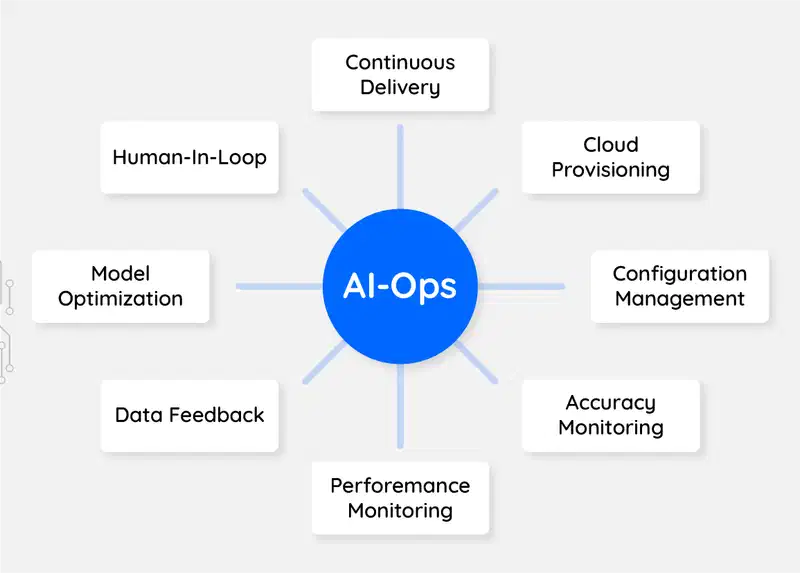
AI in Information Technology
According to a report published by IBM, the IT industry will see large-scale adoption of AI in the coming future, thanks to its ROI-friendly structure. With the solutions based on AI, IT industries can get higher ROI from their operations, reduce dependency on manual efforts, and cut costs significantly.
Increasing Popularity of Augmented Processes
Augmented intelligence is known as the virtual assistant for data scientists. It helps them make decisions while processing data using augmented reality. The introduction of AI in augmented processes will play a more prominent role in data science and innovation in the future. Businesses will be seen adopting AI to optimize their augmented system processes for intelligent data processing and software development. It will also help deploy a delivery model reliant on data-driven decision-making.
Explainable Artificial Intelligence
As the data regulations are increasing and authorities stressing privacy, AI of the future will be more explainable. AI will be helpful to understand and articulate how each aspect of a program can change the result using machine learning. This will help clients understand processes and gain customers’ trust.
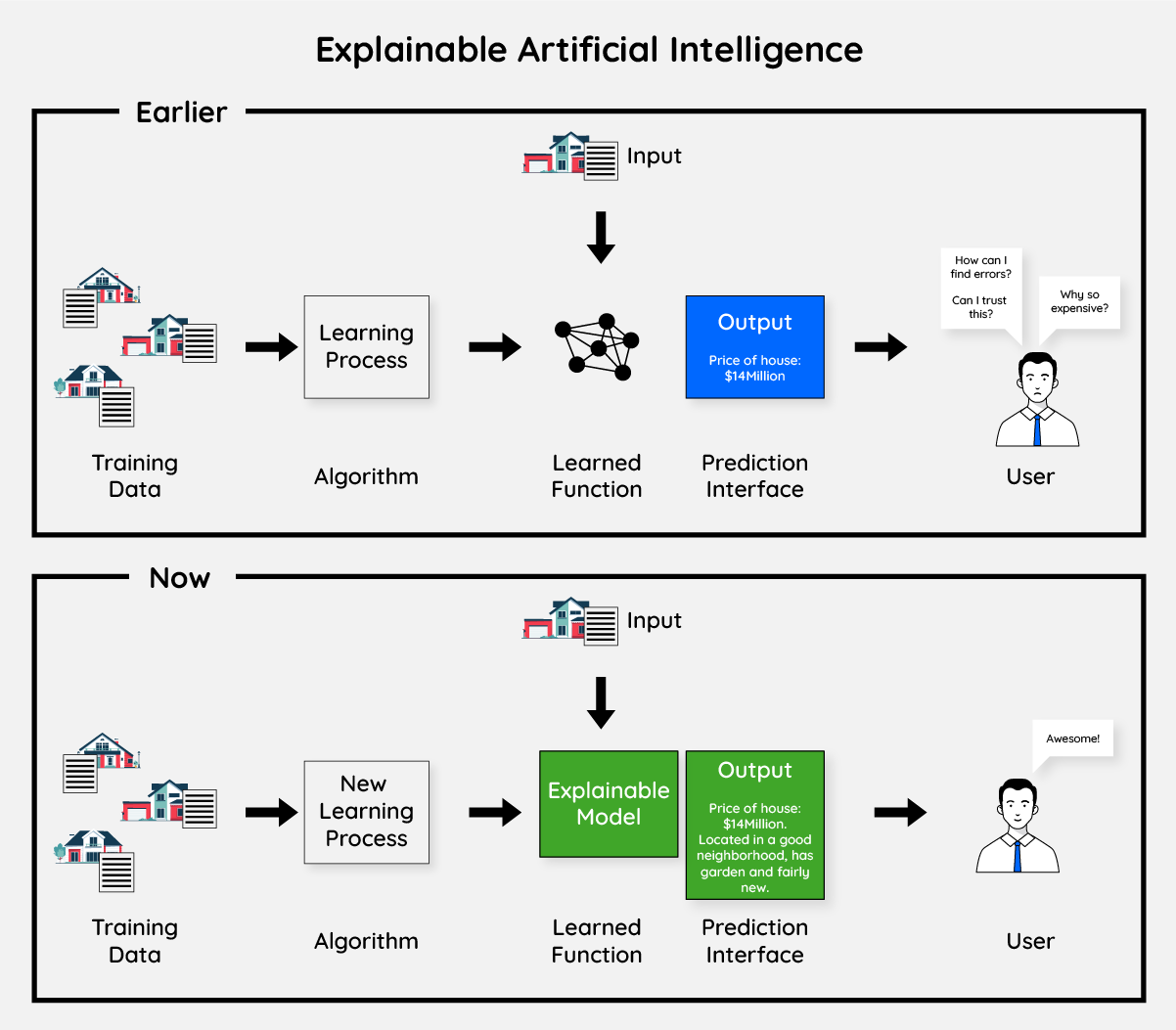
AI in Voice and Language
Voice and virtual assistants have come a long way. Their implementation in areas such as customer care centers have been humongous. However, there’s a vast need to perform a quality check and gain feedback from customers. As there’s a lack of one-on-one conversation checks, artificial intelligence can help perform routine inspections to understand customer needs rightly. Managers can run automated quality checks through all conversations to recognize points of improvement and improve customer support process.
Ethical Artificial Intelligence
According to experts, AI will also play a key role in solving global problems. For example, experts will look forward to deploying AI to solve innovation, economic growth, inclusivity, and diversity issues. In addition, AI will also play a key role in data transparency and fairness in algorithms, as both are essential in today’s day and age.
AI in Robotics
There’s a need to make robots more thoughtful and intelligent like never before. The implementation of robotics in healthcare, HR, manufacturing, etc., is overgrowing, and robotics is replacing human efforts across the globe to ensure cost-efficiency. AI can transform how robots can be made more intelligent in the coming decade with the help of learning abilities. Companies like Boston Dynamics are changing how traditional robotics work by ensuring robots develop their own decision-making system that’s reliant on AI-ML capabilities. The world is looking forward to this artificial workforce that will transform and pave the road for human-humanoid collaboration in the future.
####Computer Vision and AI
AI in CCTV cameras can understand human postures and movements, track humans and objects, recognize facial expressions and human behavior. This can change how businesses work and understand their consumers’ purchasing patterns. A tool like Wobot.ai helps companies improve their processes with their CCTV cameras by adding a layer of artificial intelligence on top of the camera feed. Computer vision will transform business processes and help companies gain operational excellence by offering vital insights into processes. No wonder, we will see wider adoption of the technology in the coming days.
Conclusion
Artificial intelligence is set to grow and turn into a beast in the coming future. The benefits that it offers are supposed to grow manifold if the functionalities are implemented in the right way. This is why it’s critical for businesses to look for the abovementioned trends to deploy AI into their operations, ensure improved processes, and increase productivity for business growth with reduced cost.
Learn to identify, analyze and mitigate process deviations in real-time with video intelligence.
P.S. You’re signing up for value here. No spam. No overly promotional emails.
Related Blogs
See All
